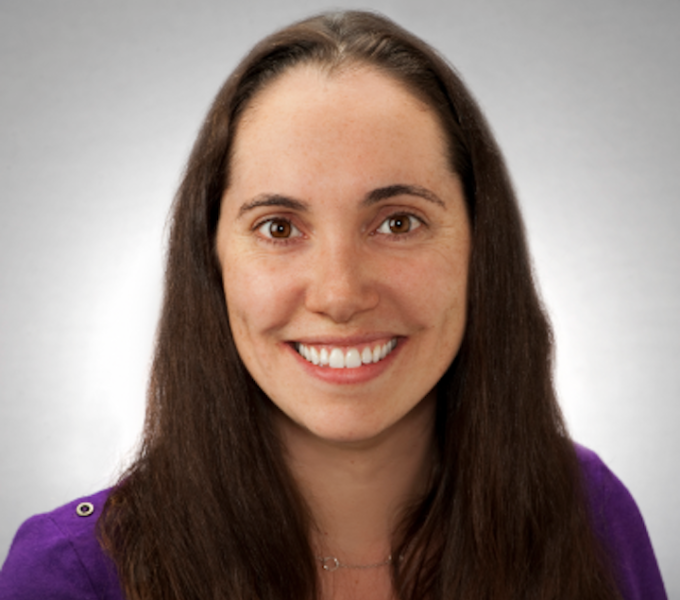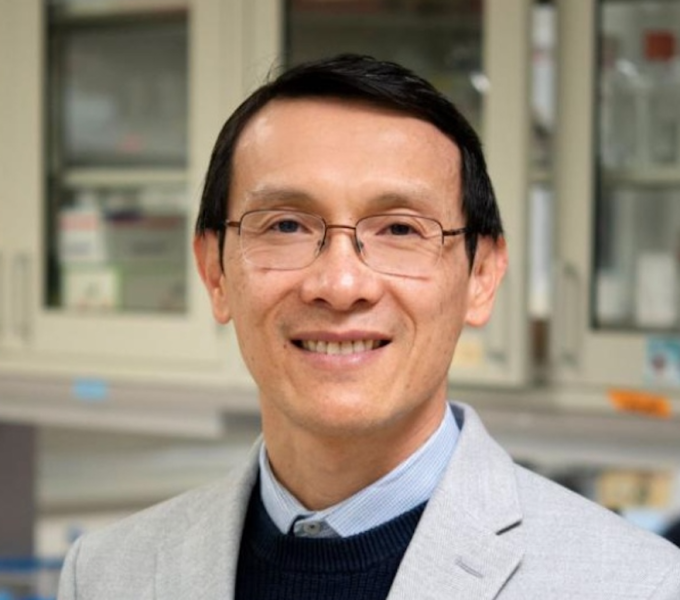Affiliated Faculty
This list of affiliated investigators can help you identify potential research mentors at the University of Pittsburgh. PSTP students can, and do, work with mentors not on this list, but the investigators featured below have expressed interest in hosting PSTP students in their laboratories.

Repair of DNA damage in nuclear and mitochondrial genomes; Structure and function of nucleotide excision repair proteins

The Van Tyne Lab studies how bacteria evolve to become superbugs, using comparative genomics and functional analysis. Our research falls into two main areas. First, we work to understand how bacteria evolve during human infection to resist antibiotics and host immune defenses. We sequence bacterial strains from human infections and use functional genomics to identify and characterize novel resistance mechanisms. These include the ability of bacteria to resist the host immune system, or to persist in the face of antibiotic pressure. Second, we help develop new approaches to treat resistant bacterial infections more effectively. We help characterize new types of antibiotics, and establish how novel compounds kill bacteria. We are also exploring how bacteriophages could be developed into next-generation antibacterials.

Brain imaging of neuronal, metabolic and vascular function and dysfunction

The development of medical diagnostic and therapeutic strategies that are based on ultrasound and ultrasound contrast agents (microbubbles)

Computer-aided diagnosis and patient-specific prediction, genomic and precision medicine, clinical decision support, research data warehouse

Dr Vo’s research program aims at studying the biology of aging of the spine and its contribution to low back pain. His research focus areas include: 1) interaction of autophagy and cellular senescence in spinal aging, 2) lactate metabolism and epigenetic regulation in spinal aging, 3) development of therapeutic interventions, including senolytics and gene therapy, for treating age-related spine degeneration and low back pain, and 4) Deep phenotyping of chronic low back pain through biomarker profiling.

Structure/function relationship in the acyl-CoA dehydrogenases (ACDs)

My long-term research goals are to obtain high-dimensional, dynamic data on the etiology and progression of various inflammatory processes and diseases in samples derived from cells, animals, and people; to create computational models based on these data as well as on key principles of immunology; and to modulate the inflammatory response in an optimal spatial, temporal, and individual- / disease-specific manner.

Vascular bioengineering in the context of vascular tissue engineering, aortic aneurysm, and regenerative medicine
